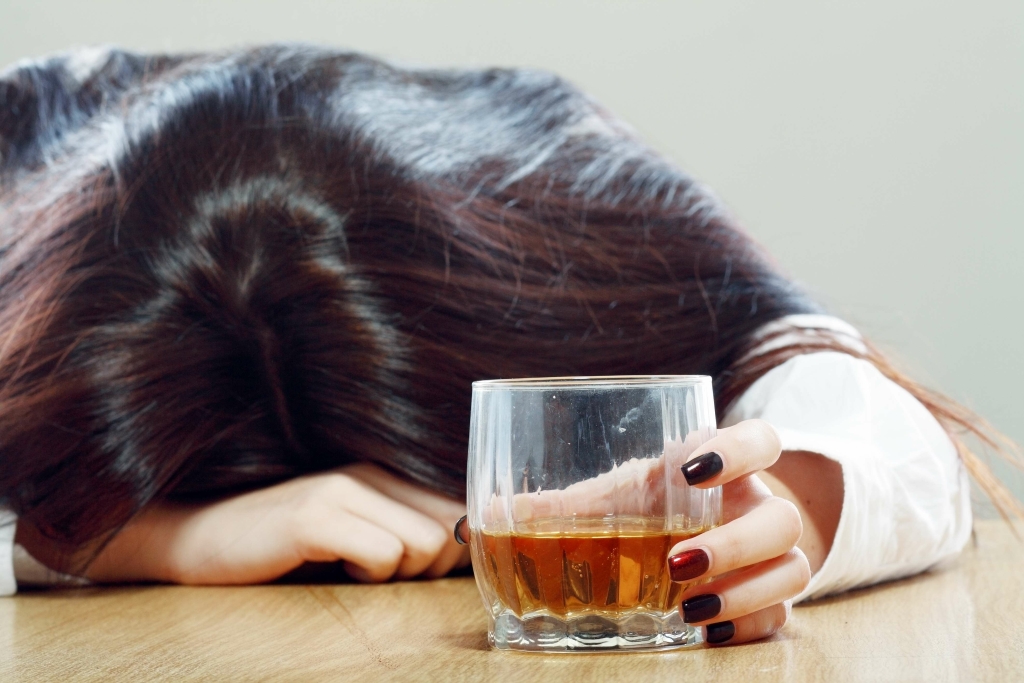Remember, recovery doesn’t only mean abstaining from alcohol; it also involves rediscovering happiness, peace, and emotional stability in your life. This journey includes building resilience, developing healthier coping mechanisms, and practicing self-care. You are not merely leaving behind alcohol; you are moving towards a healthier, happier you. Embrace the support around you, lean on those who understand, and take one step at a time towards a healthier, alcohol-free life. Seeking medical advice is essential when you decide to stop drinking, particularly if you have been drinking heavily for a long time. Withdrawal symptoms can be severe, sometimes even life-threatening.
Creating My Own Recovery Without AA
- It should be noted that abstinence doesn’t always equal sobriety in a holistic context.
- Simply experiencing an urge to reengage with drugs or alcohol does not mean that sobriety is impossible.
- There are lots of sobriety tricks that can lead to astonishing results.
- While programs like AA can help people recover from alcohol use disorder, they aren’t always the best fit for everyone.
- Whether it’s the spiritual aspects, the emphasis on powerlessness, or the requirement of total abstinence, some people find themselves searching for an alternative approach to recovery.
Developing a strong sense of self-control and practice is difficult to overcome and takes meaningful effort. Changing your drinking habits and embracing an alcohol-free lifestyle can be transformative. It’s about rediscovering your interests, forming healthier routines, and finding joy beyond the confines of alcohol consumption. We believe in the power of this collective support and understand that helping others on their journey can also be an essential part of your own recovery. It’s a reminder that you’re not alone and helps how to stay sober without aa reinforce your commitment to sobriety. Offering encouragement to others can provide a sense of purpose and satisfaction, and it strengthens the entire community.
How to Stay Sober Without AA: 8 Effective Tips
Excessive drinking has Sober living home numerous impacts on your body and mind, ranging from mild to severe. Learn which signs to look out for, and how to care for your well-being. Try to incorporate exercise into your daily routine, even if it’s just a short walk.

Debunking Addiction
- One benefit of staying sober without AA is the ability to customize your own recovery plan.
- These triggering events can cause an individual to compromise their emotional resilience, with intense amounts of stress being common.
- Our services include coaching, sober companionship, and mentorship for those who are recovering from addiction to alcohol and other drugs.
Regular exercise can also release endorphins, which can serve as a natural mood booster and provide you with a healthier outlet for emotional release. Exploring various coping strategies and finding what works best for you will enable you to handle life’s challenges better. While programs like AA can help people recover from alcohol use disorder, they aren’t always the best fit for everyone. Now that you know how to stay sober without AA, you can put them into practice and start reclaiming your life.
It can help to have a trusted confidant or two with whom you can share your struggles, successes, and revelations. Self-compassion is about being kind and understanding to yourself and honoring your feelings. It looks like being mindful and open to understanding what triggers your desire to drink and actively replacing those thoughts with self-loving ones. Boozy environments are often saturated with triggers, and the temptation to backslide can be high.
Alternatives to AA: 10 alternative recovery programs for AUD
One of the aspects that make Alcoholics Anonymous so effective is the ongoing and sometimes ruthless self-evaluation that the 12 steps encourage. Understanding why we used alcohol and confronting the extent of the problem are necessary steps for lasting change to occur. Seeing a mental health professional can be a great asset, especially if you are diagnosed with a mental illness (or suspect that you might be). They can help to identify how mental illness played into excessive consumption of alcohol and provide specific methods for overcoming those challenges. You can try to avoid the conversation, but it’s good to have a response ready in case that’s not possible. If the question comes from someone you know well, you may want to say that drugs or alcohol became a problem for you, so you’re staying away from them.
Honestly, Workit Health is the best choice I’ve ever made.
Acknowledging and celebrating the hard work of recovery is helpful for keeping you motivated and reminding you why you took this brave step toward sobriety in the first place. Instead, focus on things, experiences, and activities that will support your new, healthy lifestyle. Some key takeaways to keep in mind include finding a support system that works for you, whether it be therapy, online forums, or support groups. It’s also important to develop healthy coping mechanisms to manage stress and triggers, such as exercise, mindfulness, or creative outlets. Rehabilitation centers, also known as rehab centers, are facilities that provide treatment for individuals with substance use disorder. Rehab centers can offer a range of treatment methods, including counseling, therapy, and medication-assisted treatment.
Instead, genuine sober transformation involves changing lifestyles. Having a plan to navigate urges and cravings in sobriety is essential to breaking addiction and dependency. Simply experiencing an urge to reengage with drugs or alcohol does not mean that sobriety is impossible.
The personalized approach of https://ecosoberhouse.com/ professional help ensures that you receive tailored assistance. When learning how to stop drinking, seeking professional help and support is of paramount importance. The guidance of a licensed therapist, counselor, or addiction specialist can be invaluable. They’ll provide you with the necessary tools and strategies to navigate the challenges of recovery.
In a 2014 longitudinal survey of thousands of AA members in the United States, the success rate of the program was estimated to be around 50 percent. The survey had the support of AA fellowship leaders, who accepted a lack of severe AUD relapse as a measure of successful recovery. Approximately 25 percent of the AA members surveyed reported abstinence periods longer than two decades. In 2020, researchers at Stanford University conducted a deep-dive study into AA statistics, and their findings suggest a higher success rate of 60 percent. It should be noted that abstinence doesn’t always equal sobriety in a holistic context. Individuals who lapse but don’t relapse back into severe AUD can also be sober.

While structured programs and professional help are invaluable, there’s a unique comfort in sharing your struggles and victories with those who know firsthand what you’re going through. It’s equally important to share your intentions with friends and family members and form a community. The support of others can be invaluable in overcoming the challenges that lie ahead. Addiction and dependence are two sides of the same coin, impacting numerous lives and causing serious health implications. Understanding each one can help you feel more empowered in starting your recovery journey.
